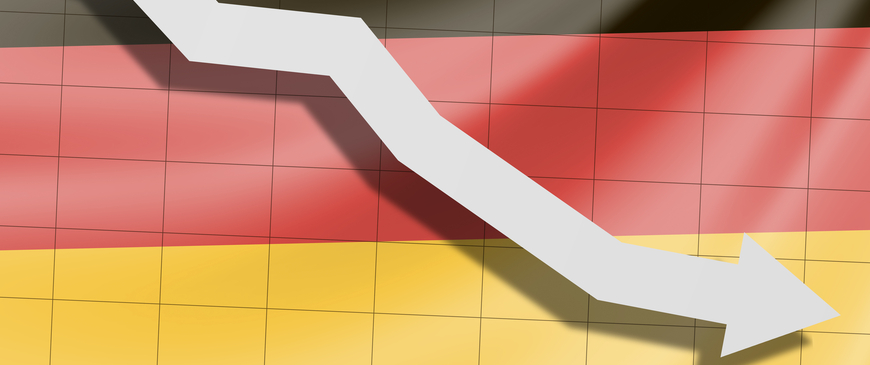
‘A structural crisis’: German growth forecast downgraded to zero percent
Sander Tordoir, chief economist at the Centre for European Reform, agreed that Germany’s economic problems are largely structural.
He also pointed to the lingering impact of the energy crisis triggered by Russia’s full-scale invasion of Ukraine in February 2022, to which Germany’s energy-intensive industries were uniquely exposed.
“The energy shock was so severe [and] really hit the energy-intensive sectors quite heavily,” Tordoir told Euractiv. “So obviously there is long-term damage there. And that could be structural [and] permanent”.
Tordoir explained that the spike in energy prices likely “changed the calculus” of many companies regarding the desirability of producing manufactured goods in Germany.
“The [energy] prices have come down, but [the price spike] is also a reminder that Germany is vulnerable when it comes to energy,” he said.
...Tordoir added that the repeated revisions are partly a result of the inherent difficulty of distinguishing cyclical and structural economic factors as well as analysts’ over-optimistic expectations of future growth in consumer demand.
“One of the main drivers of optimism was a belief that consumer confidence and consumer spending would pick up more strongly, on the back of inflation coming down, and wages outstripping inflation. That seems to be more muted than we had hoped,” he said.
